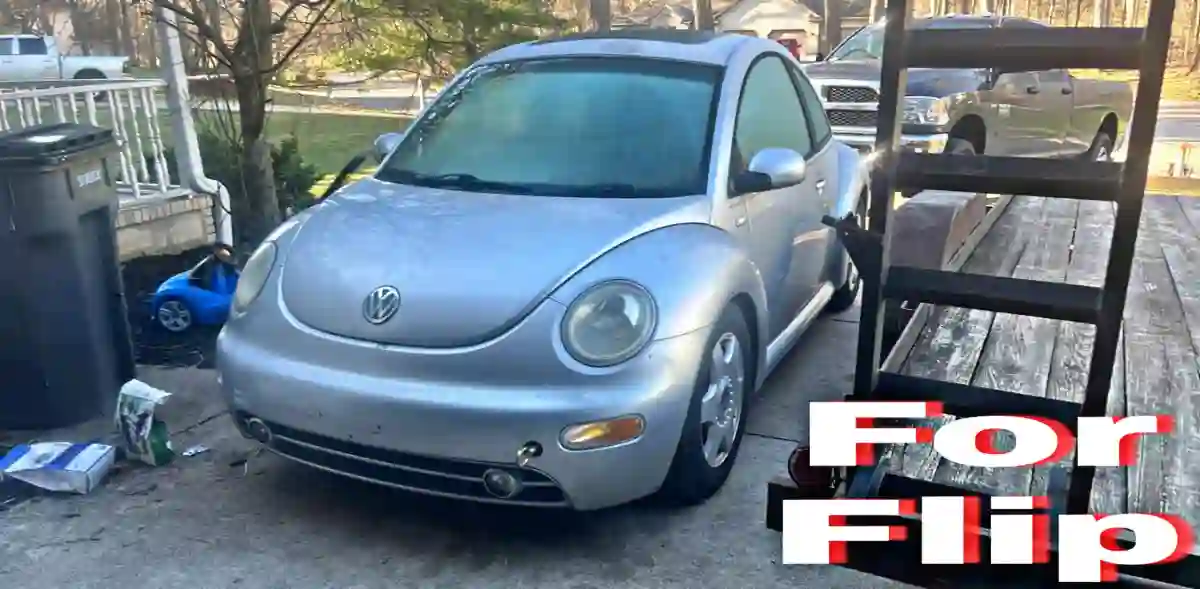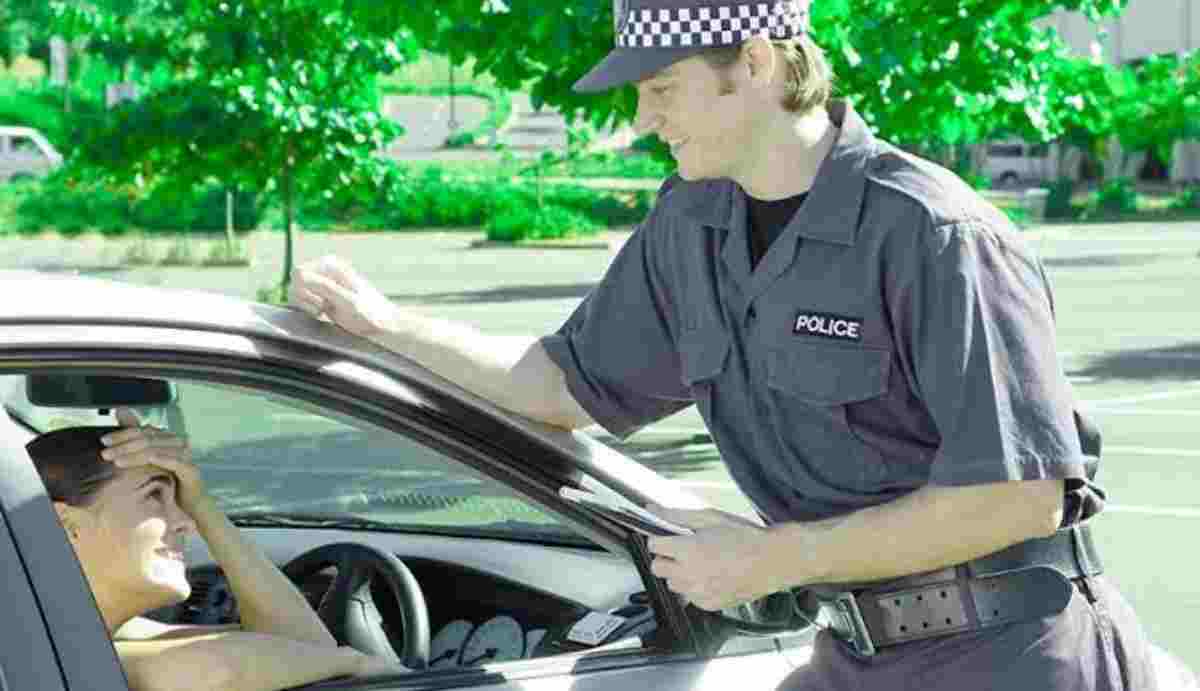Flipping cars is a popular method of generating income, especially for car enthusiasts. The process typically involves purchasing a car at a low price, making necessary repairs, and then reselling it at a profit. However, you want to adhere to your state’s regulations to flip cars legally. Failure to comply with legal requirements can lead to severe consequences, including fines, penalties, and even criminal charges.
How to flip cars legally

Here are some general guidelines and steps on how to flip cars legally:
1. Do your own research
The number one step to flipping cars legally is by making your research. You can research the market trends, popular models, and the average selling price of cars in your area. This will assist you in identifying the cars that have the potential to make a profit.
You should also be familiar with the legal requirements for selling cars in your state or region, including obtaining the necessary licenses and permits to operate a car dealership.
It is illegal to flip cars in some states if you do not have the dealer’s license. So, it is recommended to possess the dealer’s license, which may cost up to 900 dollars.
2. Understand your state law
Check your state’s laws before you start searching for a used car to buy and flip legally. Each state has different limits on the number of cars you can sell per year without a dealer’s license. Some states, like Connecticut and Kentucky, won’t allow you to sell any car for profit without a dealer’s license.
Others, like Vermont and Indiana, permit you to sell up to 11 cars per year. Check with your state’s dealership licensing authority to know the laws and regulations in your area. Unfortunately, you’ll have to stay within the limit to keep things legal. In Washington, you cannot sell more than 4 vehicles registered to you in any 12-month period.
3. Explore the automotive market
To resell a used car at a profit, know the car’s value, your market, and what buyers are willing to pay. Online evaluation sites can provide you with an idea of the average price of the used cars you’re considering. If there isn’t enough difference between what you can buy the used car for and what you believe you can sell it for, it may not be worth the effort to flip cars legally.
4. Find deals within your budget
After identifying the types of cars that are in demand, start searching for deals. You can accomplish this by checking classified ads, online marketplaces, and local auctions.
You can also get lucrative deals if you network with other car dealers, attend car shows, and join car enthusiast groups.
To succeed in flipping cars legally, you need to purchase undervalued cars at a low cost and sell them for a high price. Look for deals on Craigslist, Facebook Marketplace, eBay Motors, newspaper classifieds, and auctions. Keep your purchasing budget low, and also budget for any repairs the car needs.
5. Look for the best listings
When evaluating whether a car is worth flipping, look for low mileage, minimal exterior damage (no rust! ), a clean interior (no strange odors), functional operating systems, and a clean engine and engine compartment.
Inquire about the number of owners and how long it’s been sitting. Test drive the car if possible, and bring a mechanic along if you have one. Lastly, be truthful about the repair costs you might have to incur.
6. Negotiate but don’t lowball
Once you discover a specific car that you intend to purchase, it’s time to negotiate with potential sellers to flip cars legally. You can commence the process by making an offer based on the information you have gathered from your research.
In addition, be prepared to walk away if the seller is not willing to negotiate. Also, keep in mind that your goal is to make a profit, so avoid overpaying for a car.
7. Inspect and evaluate
Have in mind that before you purchase a car, it is critical to thoroughly inspect and evaluate it. Check for any damage or mechanical issues that may reduce the car’s value. If you are not confident in your abilities, it is recommended to take a professional mechanic with you to inspect the car.
You should also check the car history report to ensure that the car is not stolen or has a salvage title.
Once you have bought the car, some paperwork needs to be done to legalize the sale. Make sure you get a bill of sale with blank spaces for the vehicle identification number, date, sale price, odometer reading, your name and address, and the seller. You’ll also need a transfer title, or the original title needs to be signed and dated by both parties and taken to the Department of Motor Vehicles (DMV) to get a new title in your name. Don’t purchase a car without a title.
8. Obtain all necessary documents
To flip cars legally and successfully, you need to possess all the necessary documents. These necessary documents include the bill of sale, title, and registration documents. You should also verify that the car has a clean title and is not encumbered by any liens or loans. Check your state law to determine whether the buyer or the seller keeps the license plate number.
Also, if you don’t go through the DMV registration process, especially after exceeding your state’s limit for the number of cars you can sell a year without license, you would be evading sales tax, which is illegal.
9. List the vehicle for sale
Now that you must have purchased a car, the next step is to advertise and market it to potential buyers. You can use online marketplaces, social media, and traditional advertising methods to reach a wider audience.
Have in mind that the fastest method to attract potential buyers is by highlighting the unique features and benefits of the car.
Once the deal is finalized, transfer the title and registration documents to the buyer.
Where to buy cars to flip
When it comes to flipping cars for profit, finding the right cars to purchase is crucial. Here are a few popular options for sourcing used cars:
1. Auctions
Auctions are a great place to find used cars that you can buy at wholesale prices and sell for a profit. However, understanding the auction process and the condition of the cars being auctioned is important to make profitable purchases. You can even buy from an auction without a dealer license.
2. Classified ads
Classified ads can be a good source for finding used cars at low prices, but it can be challenging to verify the condition of the cars being sold.
3. Online marketplaces
Online marketplaces like Craigslist, Facebook Marketplace, and CarGurus provide a wide selection of cars and make it easy to search based on specific criteria. However, verifying the condition of the cars can be a challenge.
4. Used car dealerships
Dealerships can also be a good source for finding used cars at wholesale prices, but the prices may be higher than those from other sources.
5. Private sellers
Another option is to reach out to private sellers directly. You can find them within your neighborhood. Also, put words out to friends informing them about your interest in used vehicles. That should help spread the word to more private sellers nearby.
Can you make profit flipping cars?
Yes, it is possible to make a profit flipping cars, but it requires careful planning, research, and execution. To make the most money, you need to know a lot about the auto industry and market trends, like what kinds of cars are in high demand and how much they usually cost. Keeping accurate records of all expenses is also important if you want to sell the car for the right price and make money.
However, car flipping business is not without risks. Cars can be difficult to predict, and a wrong purchase can lead to a loss. Additionally, there are many expenses associated with the business, such as insurance, taxes, and legal compliance, which can affect profitability.
Pros and Cons of flipping cars
It can be a good way to make money when you flip cars legally, but it also has its own pros and cons. Here are some pros and cons to consider:
Pros:
- Potential for high-profit margins: When done correctly, flipping cars can yield a high return on investment. Therefore, as long as you buy cars at a low price and sell them at a higher price, the profit margins can be significant.
- Flexibility: Flipping cars can be a part-time or full-time business, making it a flexible opportunity for those who want to start a business.
- Constant demand: Cars are a necessity for many people, and the demand for used cars is always present.
- Independence: Starting a car flipping business allows for a lot of independence, as one can work on their own schedule and create their own business model.
Cons:
- Medium to high risk: Like any business, there is a risk involved in flipping cars legally. Cars can be difficult to predict, and a wrong purchase can lead to a loss.
- Requires in-depth knowledge and skill: Flipping cars requires significant knowledge and skill in the automotive industry. Without the proper knowledge, it can be challenging to identify good deals and make profitable purchases.
- Time-consuming: Finding good deals, inspecting cars, making repairs, and selling cars can be time-consuming, which can be a disadvantage for those with busy schedules.
Conclusion – flip cars legally
A good side business that pays well and lets you indulge your passion for cars is by knowing how to flip cars legally. However, it’s crucial to conduct thorough research on potential cars and put in the necessary effort to bring them up to standard before putting them up for sale.
Make sure you know the laws and rules in your area to make sure that you can legally sell cars and that you are following state rules about car flipping.
![16 Best Cars to Flip for Profit in 2025 [$20k+ Profit] 16 Best Cars to Flip for Profit in 2025 [$20k+ Profit]](https://sanedriver.org/wp-content/uploads/2021/01/PicsArt_01-28-07.22.51.jpg)

